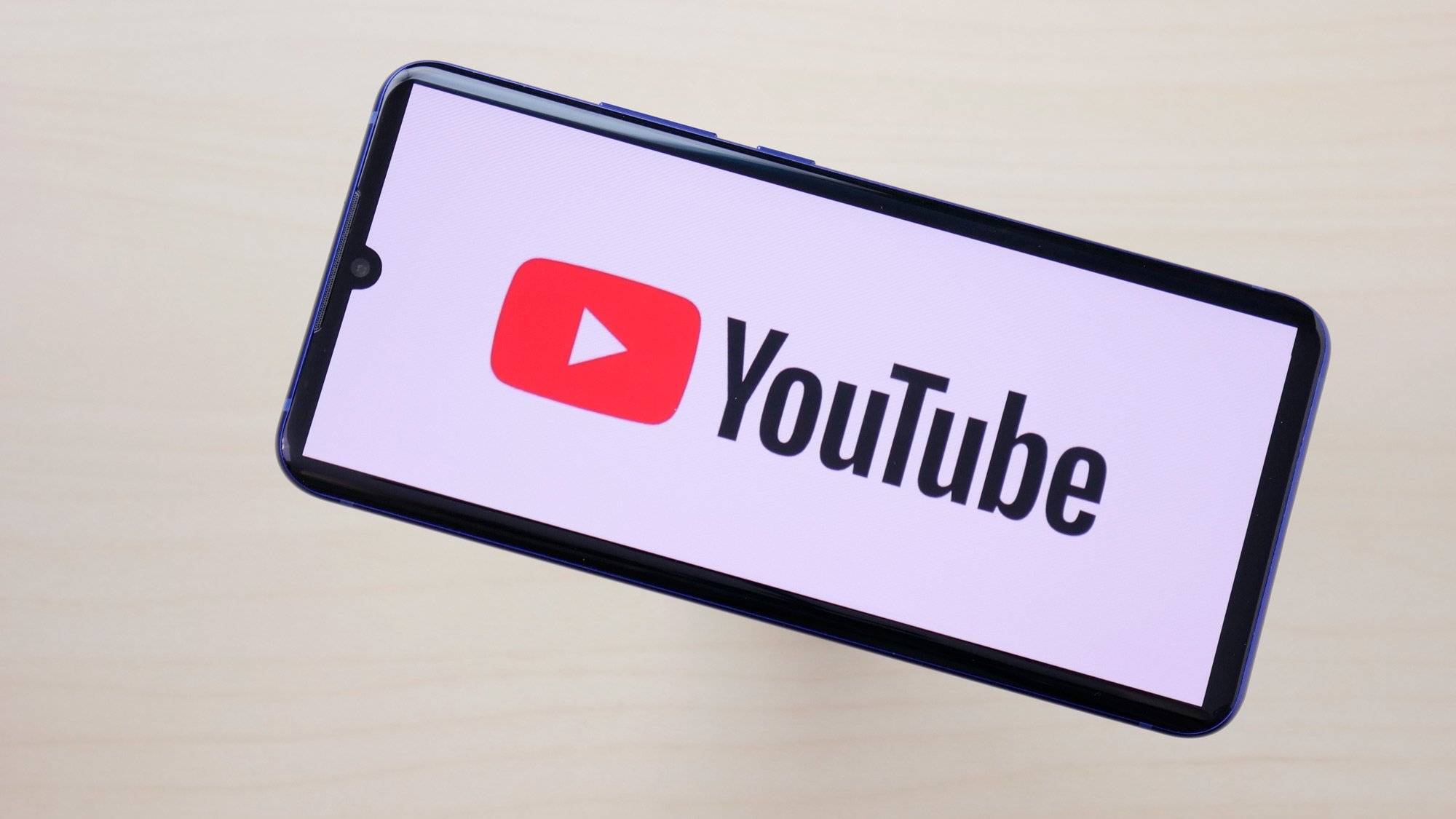YouTube has taken down over 1 million videos with COVID misinformation
YouTube's approach to tackling misinformation involves ratcheting up information from authoritative sources and quickly removing videos with harmful misinformation.
What you need to know- More than a million videos containing coronavirus misinformation have been removed by YouTube since last year.
- Around 10 million videos are taken down by YouTube each quarter for violating community guidelines.
- YouTube says it will continue to improve its systems to tackle misinformation on its platform.
YouTube has removed over 1 million videos with "dangerous coronavirus information" such as false cures and hoax claims since February last year, according to a blog post by the Google-owned video platform's Chief Product Officer Neal Mohan.
As per the blog post, YouTube removes approximately 10 million videos each quarter. Most of the videos that violate YouTube's community guidelines are removed even before reaching 10 views. The executive adds that "bad content" accounts for a tiny percentage of videos on the platform.
About .16-.18% of total views turn out to be content that violates our policies
To combat COVID-related misinformation, YouTube relied on expert consensus from reliable health organizations such as the CDC and WHO. YouTube used a similar approach in the days following the 2020 U.S. Presidential election. It allowed "voices from across the spectrum to remain up" before the election results were certified.
Once the results were certified by states, it started to purge content with false claims that widespread fraud altered the outcome of any past presidential election. Since then, YouTube has removed thousands of videos for violating its election-related policies. A vast majority of those videos were taken down even before they hit 100 views.
The executive also says that "responsibility is good for business" as hot-button content doesn't usually receive many views on YouTube. Additionally, it can also erode trust with both viewers and advertisers.
We've committed significant time and money to address this, and as we've done so, our company, and therefore our creator economy has benefitted.
Like Facebook, Twitter, and other major internet platforms, YouTube too faces the challenge of striking the right balance between freedom of speech and freedom of reach. Despite having robust systems to combat misinformation, YouTube has faced criticism over its content moderation efforts several times.
